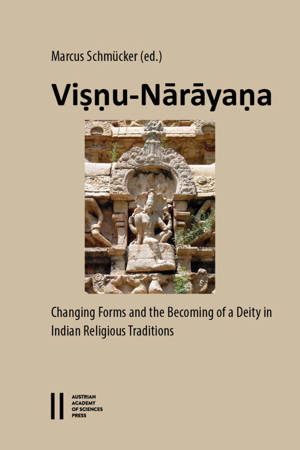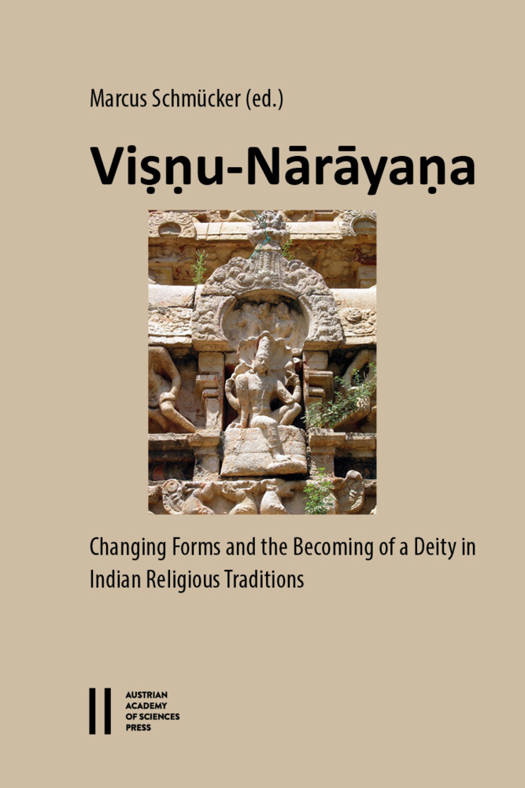
- Afhalen na 1 uur in een winkel met voorraad
- Gratis thuislevering in België vanaf € 30
- Ruim aanbod met 7 miljoen producten
- Afhalen na 1 uur in een winkel met voorraad
- Gratis thuislevering in België vanaf € 30
- Ruim aanbod met 7 miljoen producten
Zoeken
Visnu-Narayana
Changing Forms and the Becoming of a Deity in Indian Religious Traditions
Paperback | Engels | Sitzungsberichte der philosophisch-historischen Klasse | Veröffentlichungen zu den Sprachen und Kulturen Südasiens | nr. 934
€ 93,95
+ 187 punten
Omschrijving
The contributions collected in this volume deal with the complex history of the Indian deity Visnu-Narayana. This conception of God evolved in various traditions in India, especially in South India, during the first millennium CE. The history of this development is reconstructed here by various means, including philological exegesis, the history of ideas, and iconographic evidence. In their respective discussions, the contributors examine a range of textual material in Sanskrit, Tamil, and Manipravala, including the early Cankam literature of the 3rd to 6th century CE; the Vaisnava text corpus, in particular the Nalayiradivviyapirabandham (6th-9th century CE); Puranic literature, especially the Visnupurana (5th-6th century CE); Pancaratra literature; and the later (10th-14th century CE) literature of the philosophical and theological tradition of theistic Visistadvaita Vedanta, in which Visnu-Narayana plays a central role. Also examined is how Visnu-Narayana came to be seen as a solitary supreme God, with a reconstruction of the theological arguments supporting this monotheism.
Specificaties
Betrokkenen
- Uitgeverij:
Inhoud
- Aantal bladzijden:
- 498
- Taal:
- Engels
- Reeks:
- Reeksnummer:
- nr. 934
Eigenschappen
- Productcode (EAN):
- 9783700188650
- Verschijningsdatum:
- 13/12/2023
- Uitvoering:
- Paperback
- Formaat:
- Trade paperback (VS)
- Afmetingen:
- 150 mm x 224 mm
- Gewicht:
- 861 g

Alleen bij Standaard Boekhandel
+ 187 punten op je klantenkaart van Standaard Boekhandel
Beoordelingen
We publiceren alleen reviews die voldoen aan de voorwaarden voor reviews. Bekijk onze voorwaarden voor reviews.










